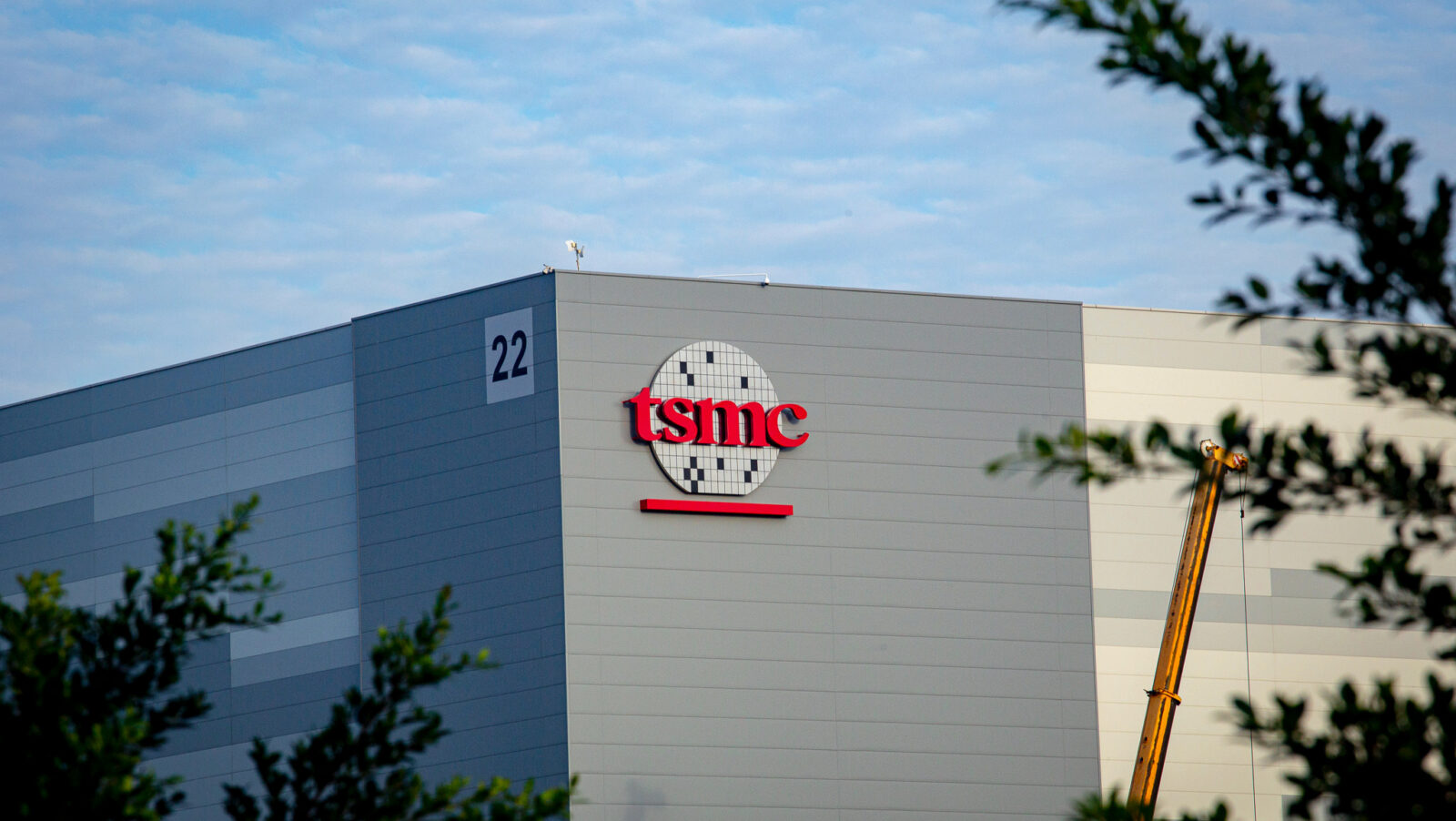Wall Street Expats Mentor a Next-Gen Protégé: AI
Life is notoriously tough for those on the bottom rung of the Wall Street ladder, where weeks can stretch up to 100 hours.

Sign up for smart news, insights, and analysis on the biggest financial stories of the day.
For most people, training your replacement is a drag. If your replacement happens to be artificial intelligence, it may in fact be terrifying — unless you’re among the junior bankers who can’t hand off their soul-sucking chores fast enough.
On Tuesday, Bloomberg reported that OpenAI has recruited ex-staffers from Wall Street’s biggest banks to help train its AI to handle the arduous tasks performed by those workers. The initiative comes as the leading (and money-losing) AI firm seeks welcome and fruitful use cases for its expensive tech.
The 80-Hour Workweek
Life is notoriously tough for those on the bottom rung of the Wall Street ladder, where weeks can stretch up to 100 hours as higher-ups demand scores of crunched Excel numbers and last-minute (but often incredibly time-consuming) tweaks to PowerPoint slide decks. It’s why the tech industry has long seen the meticulous Wall Street work as ripe for AI disruption. And amid the recent spate of earnings calls, Wall Street’s biggest banks are already touting how deft AI deployment has helped keep headcount down even amid bumper profits. Still, others on Wall Street (including some burnt-out junior staffers) have warned that the grunt work of entry-level investment banking remains too important to career development to completely delegate to the robots.
Welcome or not, OpenAI is plowing forward. According to Bloomberg, the company is paying the Wall Street expats $150 per hour for their training services, presumably with the intention of selling the AI back to Wall Street for a small fortune. It’s a revenue stream the company may eventually depend on:
- By market cap, OpenAI’s $500 billion valuation makes it the largest private company in the world. But reports indicate the company has reached just $13 billion in annualized revenue this year, even as it committed to spending $1 trillion in the coming years to build out its AI infrastructure.
- Some 70% of company revenue comes from consumers purchasing its $20-per-month ChatGPT subscription (that maths out to about 5% of the chatbot’s 800 million worldwide users). Meanwhile, a US Census Bureau survey published in September showed that AI use at large companies is already starting to decline, while a recent MIT survey found that 95% of companies reported no new revenue from AI use.
In one recent tech pratfall, Deloitte refunded part of a client’s payment after submitting a report riddled with AI-generated errors, probably the sort for which junior bankers routinely get yelled at. Fortunately, bots are pretty thick-skinned.
Atlas Shrugged: Banking isn’t the only industry that OpenAI seeks to disrupt, however. On Tuesday, the company launched ChatGPT Atlas, a new AI-powered web browser built around the eponymous chatbot. The browser comes packed with an AI agent that can help users do everything from booking flights to online shopping — a.k.a., the types of tasks that Type B internet-users find about as draining as nine straight hours of financial modeling.











